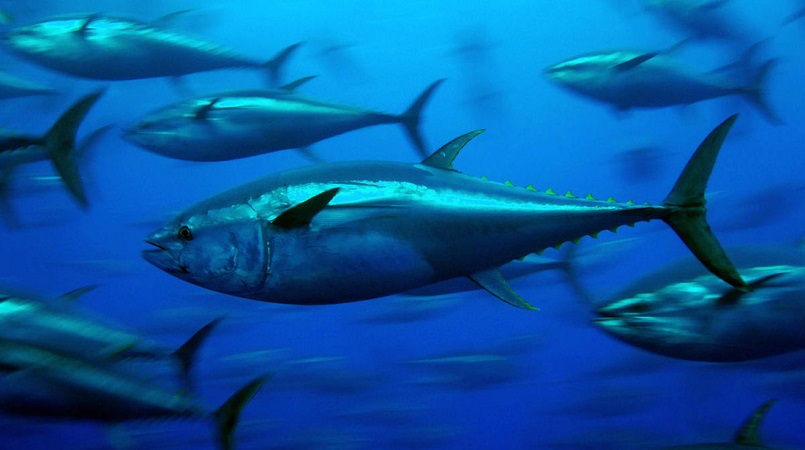
Fiji's tuna exporting companies are in a crisis as low tuna stocks worsen, forcing them to lay off workers and to downsize their operations to save costs to stay afloat.
“We are just losing so much money that we just can’t repair our boats or buy new boats to be in line with those foreign companies,” said Solander (Pacific) Limited general manager Radhika Kumar.
Solander is one of two Fiji-owned companies that recently qualified for accreditation to supply tuna to the lucrative European Union market.
Speaking to a group of Fiji journalists on a Tunanomics field trip, Kumar said while the accreditation was a proud moment for the company, the celebrations were somewhat restrained because the company has been teetering on the edge as it juggles operations to “at least break even”.
“The albacore is no more there,” she said. Albacore tuna has been Solander’s main export.
“In 2010, we (caught) 4100 tonnes and last year we had 1600 tonnes only,” said Kumar. “So you can also see why we are in this situation.”
She said they had only anticipated a period of low tuna stocks to last for no longer than 18 months after a seven-year cycle of good catches, not a five-year decline that has grown worse with every year.
“We have also laid some of our staff but we can’t layoff the key staff so our cost of wages is still too high,” she said.
Key staff have specialised skills and are difficult to replace. Solander only operates six of its 12 vessels at a time.
Sea Quest Fiji Limited, another of Fiji’s largest exporters of high grade fish, has also berthed its large vessels.
“We try to go out (fishing) there and not lose money,” said Sea Quest general manager Wahid Ali.
This has meant that the fishing licences for their big vessels are transferred to their smaller boats.
“Our seasons are normally from April to September but for the past three to four years that hasn’t happened,” said Ali.
“We have seen a bit of catch in Rotuma but it’s just for a few days, then it’s gone.”
The group of journalists was part of a Tunanomics workshop aimed at unpacking the economic factors that influence the tuna industry. The workshop included coverage of the fifth regional tuna forum in Nadi last week.
